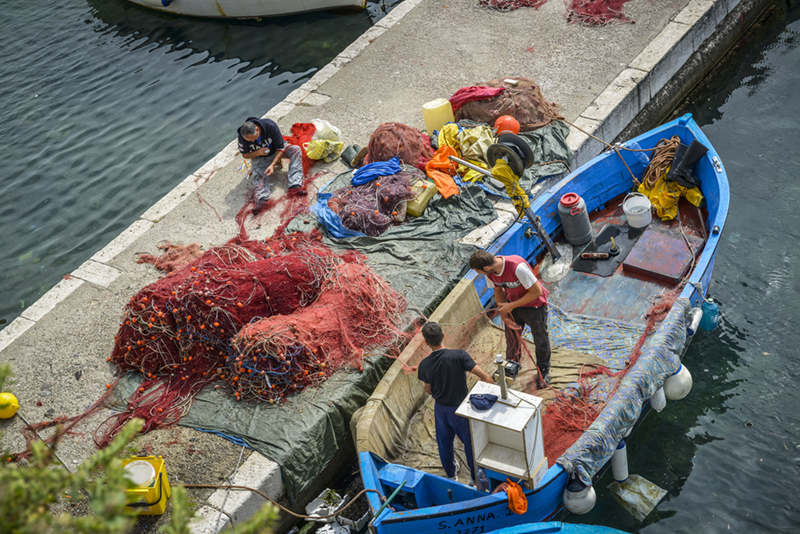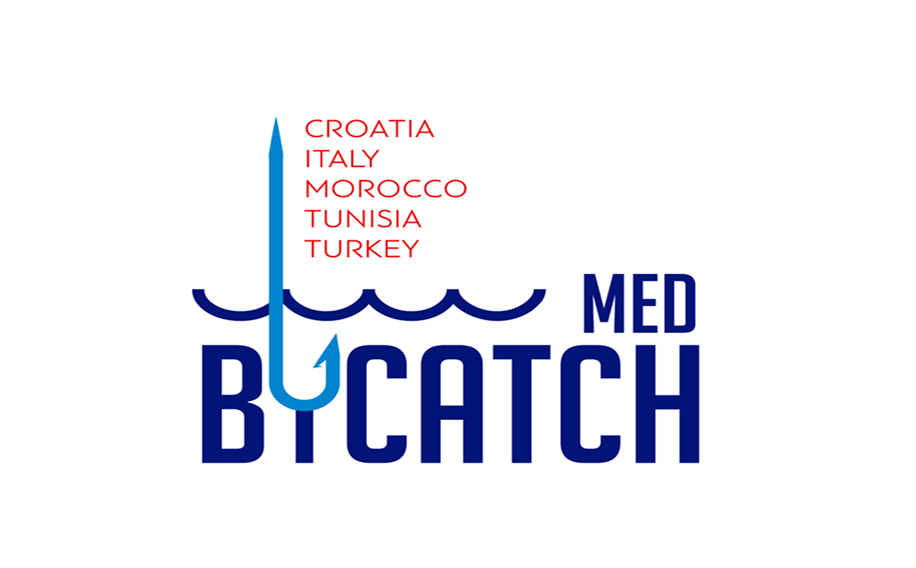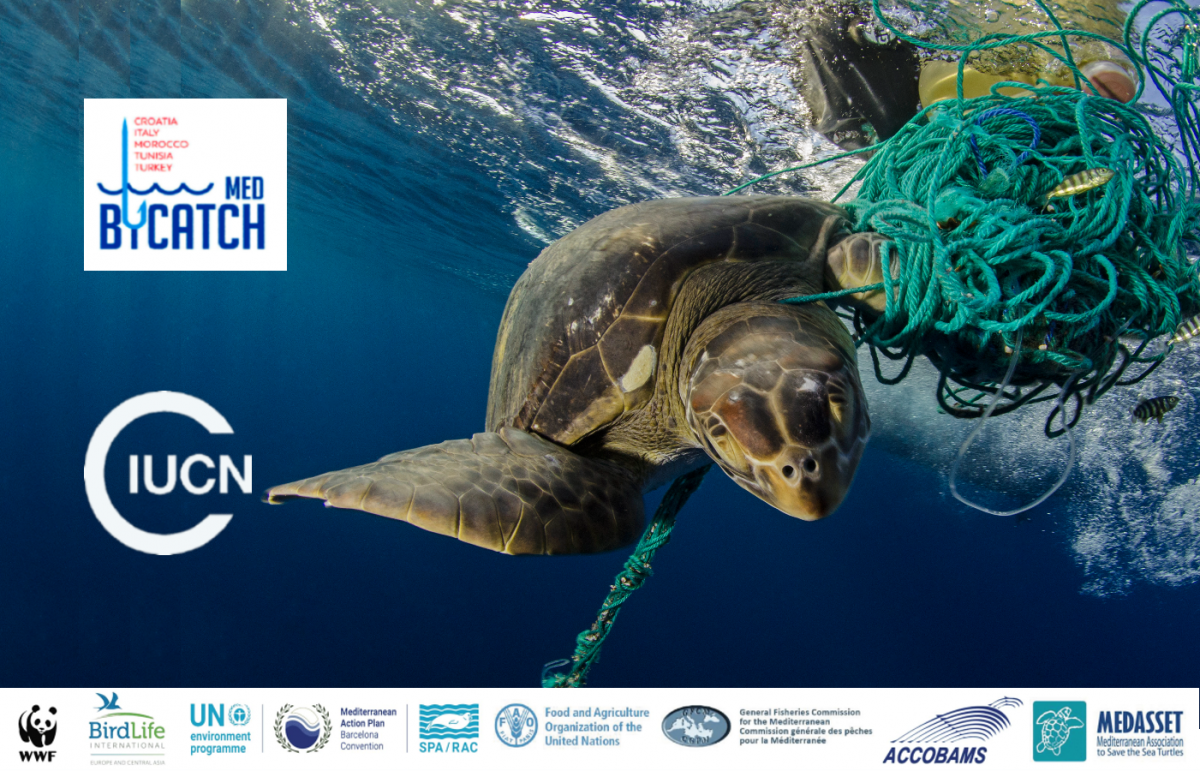MedBycatch 2 - Working together to reduce bycatch in the Mediterranean
Based on the experience gained in Morocco, Tunisia and Turkey during the Medbycatch phase 1 (2017-2020), MedBycatch 2 will expand the geographical scope of the project to include Croatia and Italy France and Spain will also be included in policy and advocacy activities.
The first project of this kind following a multi-taxa approach
Bycatch (e.g. the incidental catch) of vulnerable species in fishing gear remains a key conservation issue in the Mediterranean for a number of taxonomic groups, including marine mammals, sharks and rays, seabirds, sea turtles and corals and sponges. Bycatch not only poses a threat to Mediterranean marine biodiversity, but it also affects fishers’ livelihoods, as it can cause serious damages to fishing gear.
Traditionally, data collection on bycatch of vulnerable species has been carried out using varying protocols at different geographic scales across the Mediterranean Sea. The absence of systematic reporting has made data comparison difficult. Moreover, we lack an overview of the importance of this issue across fishing practices and species at a regional level.
Medbycatch 2 will build on the momentum and relationships developed with decision-makers during Phase 1 to focus on:
• Conducting trials of technical solutions/mitigation measures that are effective in reducing the impact of bycatch on vulnerable species.
• Informing and supporting the development of policies related to the bycatch of vulnerable species at national and regional level (e.g. European and Mediterranean).
• Building capacities and supporting fishers to apply measures to tackler bycatch of vulnerable species.
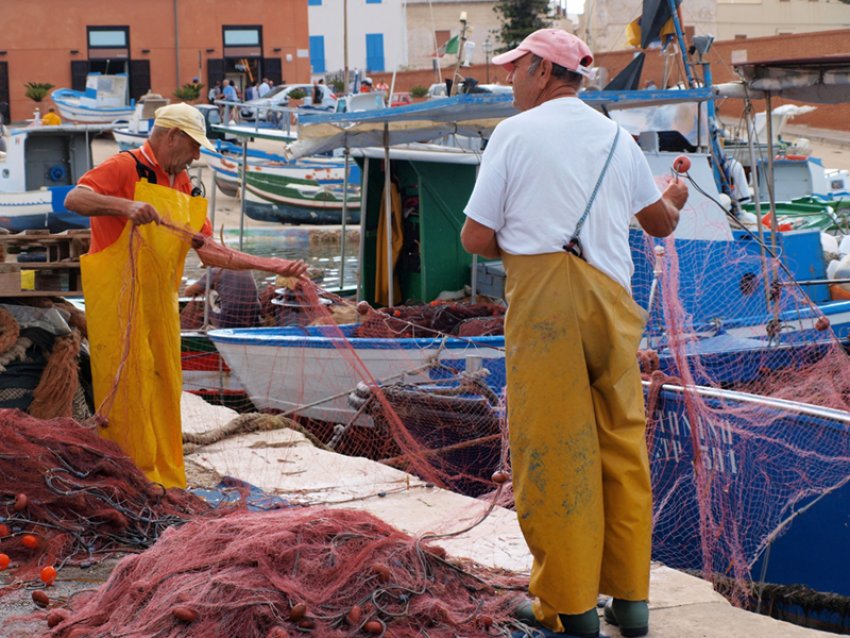 Photo: Paulina Pakula
Photo: Paulina Pakula
Objective
The main goals of this second phase are:
• Identifying and demonstrating the effectiveness and viability of technical solutions/mitigation measures that can reduce the impact of bycatch on vulnerable species.
• Promoting proposals of measures tackling the bycatch of vulnerable species for further adoption in Mediterranean countries.
• Improving the characterisation of the bycatch of vulnerable species in the target fleet segments in target countries.
• Increasing awareness on bycatch of vulnerable species and build support for actions to address this issue.
• Promoting the MedBycatch approach, deliverables and results and facilitate replication across the Mediterranean.
Medbycatch 2 intends to contribute to the achievement of the marine conservation objectives of the Barcelona Convention, as well as the ones of the Mediterranean Fisheries Strategy of GFCM. Furthermore, it will contribute to reduce the number of species on IUCN’s Red List of Threatened Species.
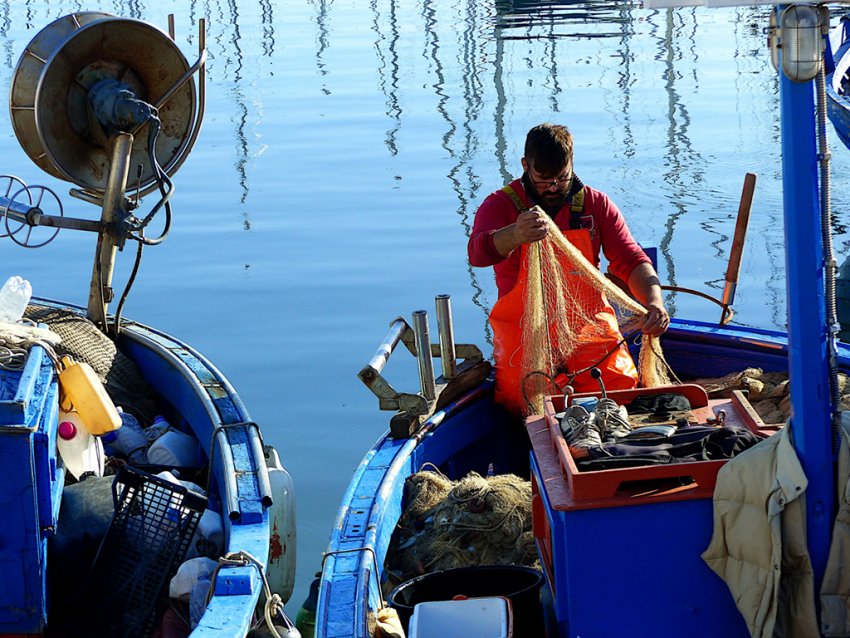 Photo: Rene Rauschenberger
Photo: Rene Rauschenberger
The role of IUCN-Med
In this phase, the IUCN Centre for Mediterranean Cooperation will continue to assist the implementation of activities with support on technical aspects, Communications and policy-making.
Events with experts will be organised to bring forward knowledge and enable the exchange of experiences across the regional seas and the Mediterranean with other initiatives working on the same topic. In addition, Mediterranean and IUCN Commission experts will support the implementation of specific needs in the project and the scientific committee.
IUCN-Med will enhance coordination and networking with other existing initiatives and partners in the Mediterranean on bycatch monitoring and mitigation on different taxa. A network for shark and ray conservation will continue to be developed, aiming to facilitate the exchange and scaling-up with Mediterranean sharks experts.
The development of strategies and policies for bycatch mitigation will be also an important component where we will continue our work:
• Facilitating discussions and participating in national and regional decision-making fora
• Prepare national and regional policies and regulations in coordination with other partners to reduce bycatch-fishing operations.
• Organise meetings with the fishing industry, with the goal of ensuring the continuity of mitigation programmes.
The Identification Guide Of Vulnerable Species Incidentally Caught In Mediterranean Fisheries
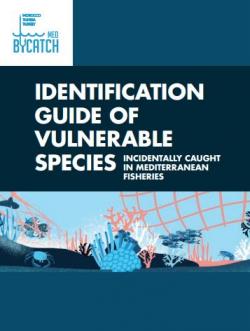 Photo: IUCN-Med Photo: IUCN-Med
|
The Med Bycatch Project has issued a practical guide to help fishing communities and onboard observers identify, monitor and improve their knowledge on vulnerable species potentially caught as bycatch in the Mediterranean. Building on a partnership with ACCOBAMS, SPA-RAC , BirdLife Europe and Central Asia, MEDASSET and the financial support from the MAVA Foundation, IUCN-Med has coordinated the final compilation and editing of this guide with the contribution of different experts of the Mediterranean. In this comprehensive guide, the description of each species is supported by photographs, illustrations and narrative descriptions that highlight important anatomical structures of each species, as well as the common names in several languages (English, Spanish, French and Arabic). |
READ THE GUIDE
English Version : https://portals.iucn.org/library/node/49019
French Version: https://portals.iucn.org/library/node/49020
Turkish version: https://portals.iucn.org/library/node/49021
Croatian version: https://portals.iucn.org/library/node/49264
POCKET GUIDES
Turkey: Turkish | English
Morocco: French | English
Tunisia: French | English
Partnership
Medbycatch 2 is funded by the MAVA Foundation as a part of Action Plans M4 and M5: Reducing fishing impacts and pressures on marine habitats and species.
Project Partners
BirdLife Europe & Central Asia
General Fisheries Commission for the Mediterranean ( GFCM)
Mediterranean Association to Save the Sea Turtles ( MEDASSET)
Regional Activity Centre for Specially Protected Areas of the UNEP-MAP (SPA/RAC)
IUCN (IUCN-Med)
WWF Mediterranean Marine Initiative ( WWF Med )
A sister project is also working in Cyprus.
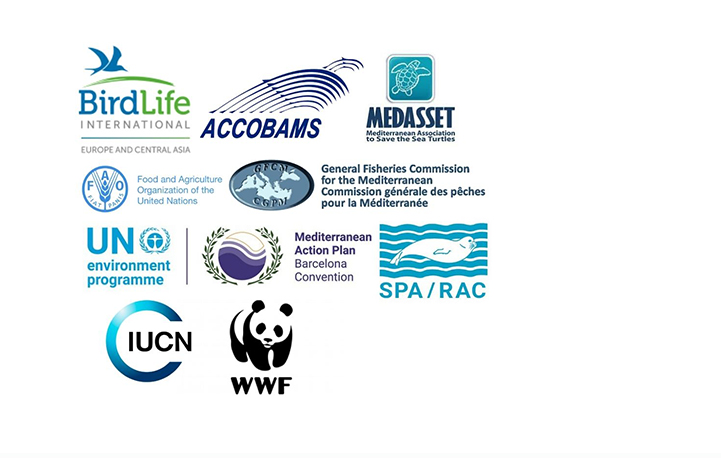 Photo: MedBycatch 2 Partners
Photo: MedBycatch 2 Partners
For further enquiries, please contact MariadelMar.OTERO@iucn.org
